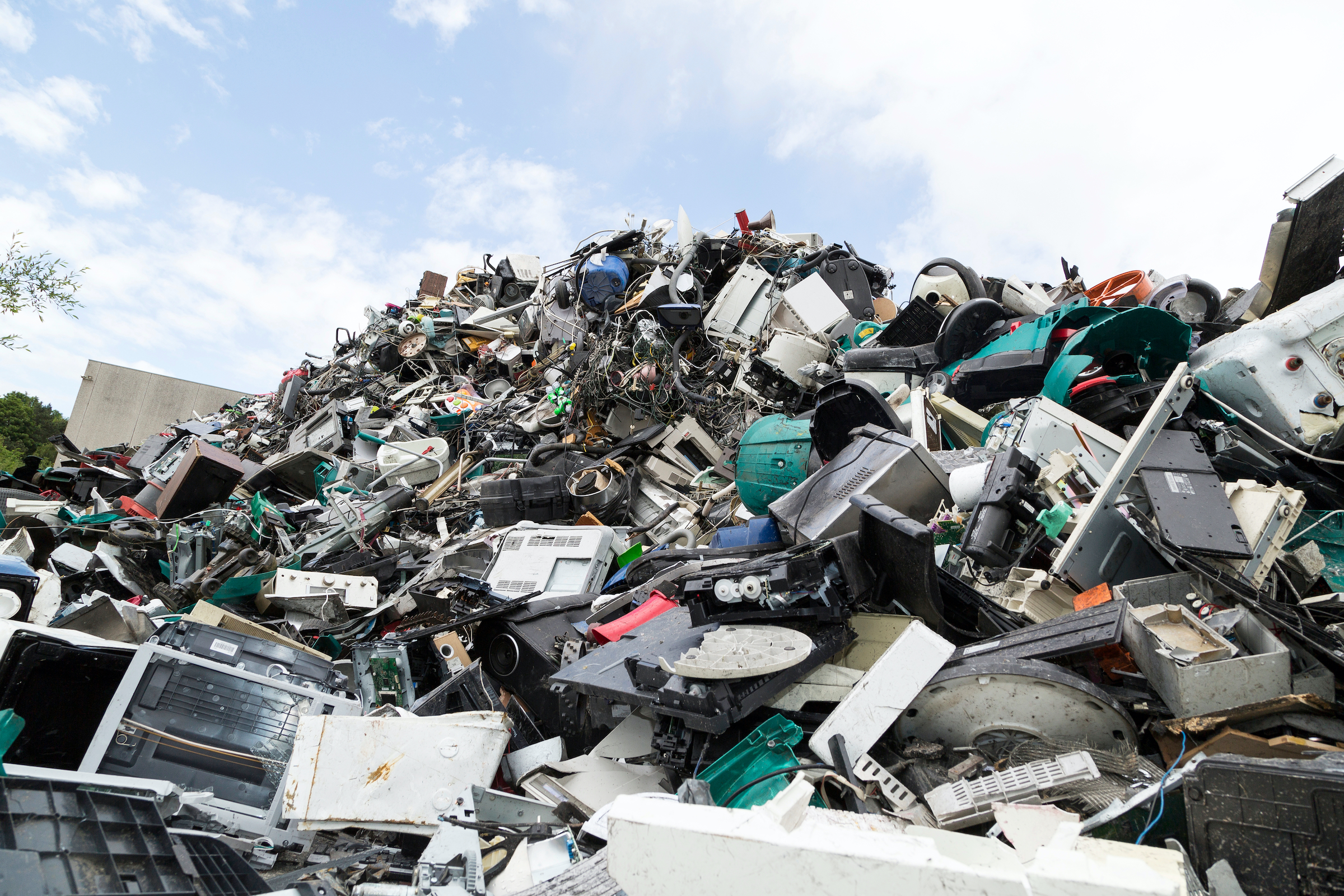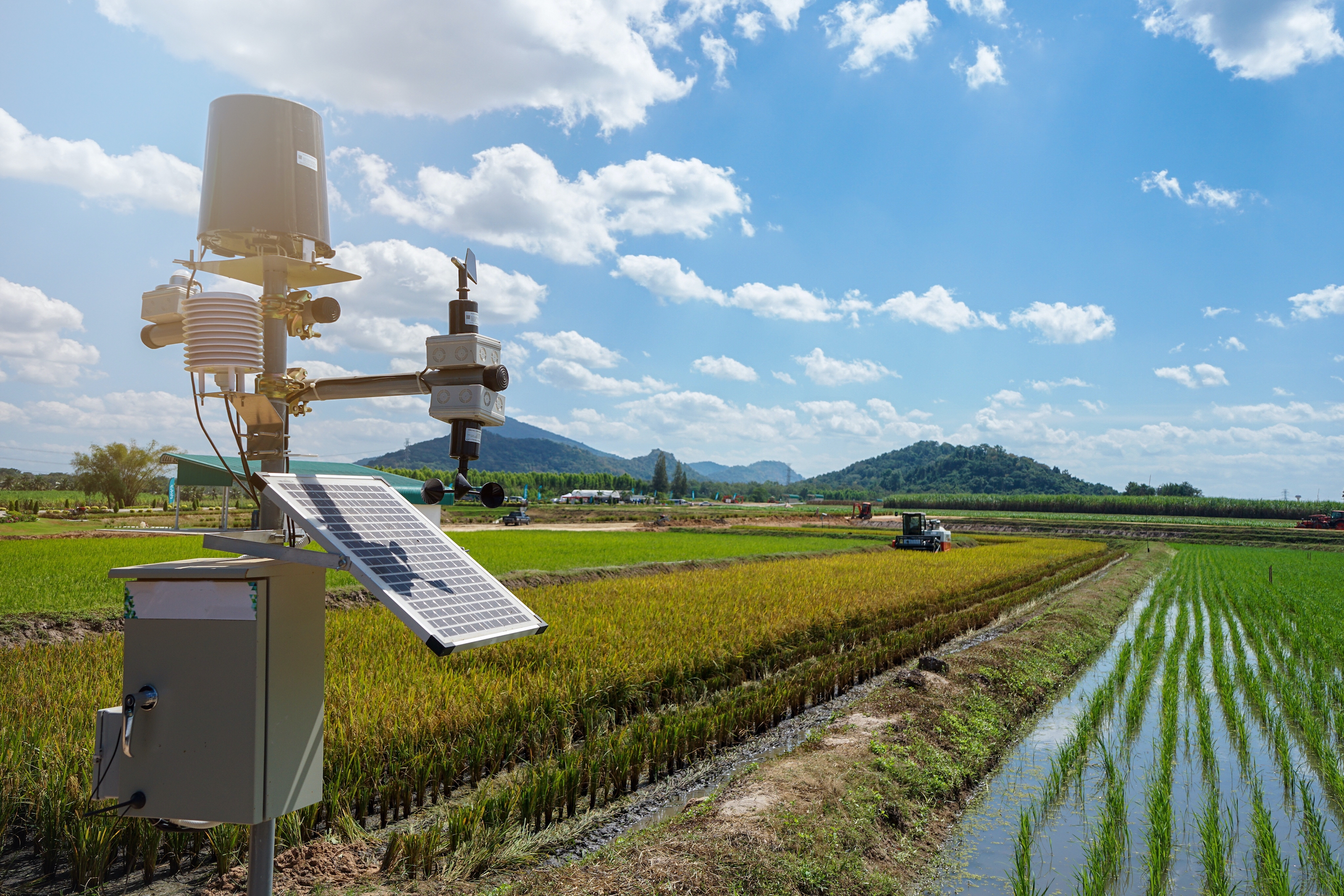When we look at the history of technology, it is not uncommon to think it is an enemy of nature. It’s easy to consider even basic analogue technologies like the fridge as something that takes from the world. These devices are constructed, used and then thrown back into the world as pollution. Then we start again. We take from the world, we consume, throw away and again and again.
That linear understanding of technology is very modern, because it developed after the Second World War. For a long time, however, technology was circular. In fact, for most of human history, we couldn’t throw away anything, because there was nothing to throw away. Everything had to be reused, recycled or repurposed, because everything was precious. Of course, this kind of circular economy was very poor compared to our modern, consumption-based and linear economy.


